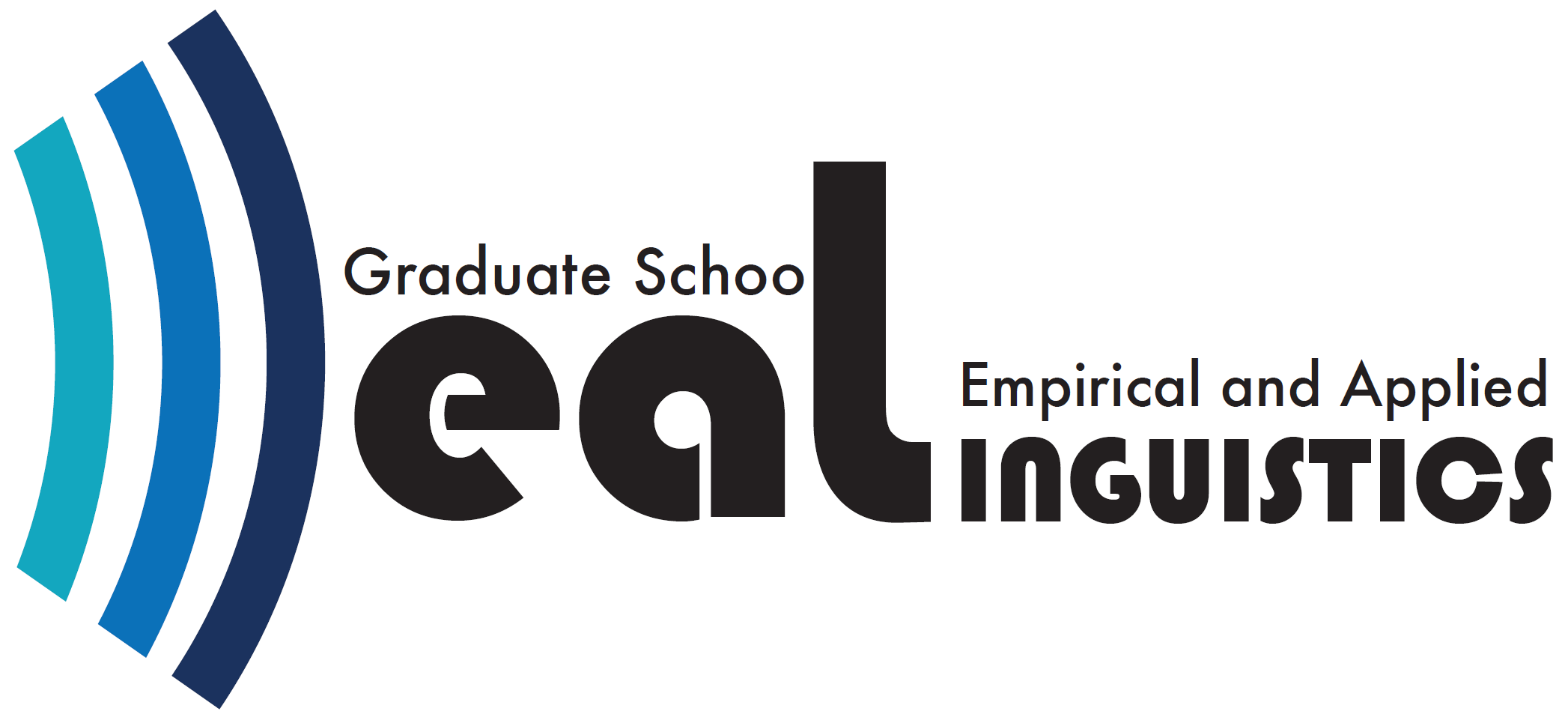
Christina Nelson
Promovierende im Promotionskolleg Empirische und Angewandte Sprachwissenschaft von SoSe 2018 bis WiSe 2023/24
Mitarbeiterin am Lehrstuhl für Englische Sprachwissenschaft, Universität Münster: /Anglistik/Staff/Christina_Golin.html
Dissertation
Regressive Phonological Cross-Linguistic Influence (CLI) in Child and Adult L3 Learners
The proposed PhD project is conducted within the multilingual research framework and examines phonological cross-linguistic influence (CLI) in child and adult L3 learners. Three or more languages interact in a multilingual mind, so that the question of how exactly they influence each other has attracted much attention. So far, researchers have mainly tried to predict CLI from one of the previously learnt languages onto the target language, which is called progressive CLI. This project, however, examines a possible influence from the target language onto already established subsystems, i.e. regressive CLI, as it presents itself as a unique way of learning more about how L1/L2 subsystems differ by examining how each of them is impacted by the acquisition of an L3.
One of the few studies on regressive CLI has found that it occurs in adult production, but only from the L3 onto the typologically related L2 (Cabrelli Amaro 2016). This supports a weaker version of the author’s Phonological Permeability Hypothesis (PPH), which states that “adult L2 phonological systems are different from L1 systems with regards to instability”. It is the aim of this PhD project to test if this also holds for children. Do children and adults show differing patterns of CLI over time, and what factors play a role for both groups?
To shed light onto this, this largely explorative PhD project investigates regressive CLI in 30 11-13 year-old children and 10 adults (L1 German, L2 English and Ln French/Spanish if applicable) in the first year of learning L3 Polish, as well as a mirror-image group of 20 children aged 11-13 with L1 Polish and L2 English learning L3 German (to explore the role of typology). After one and ten months of L3 learning, all groups complete three tasks in production (picture naming, delayed repetition, story telling) and two in L2/L3 perception (Forced Choice and ABX). In addition, factors such as proficiency, psychotypology, and metalinguistic awareness are measured. Analyses of production and perception data will focus on contrasting segmental features of the languages.

